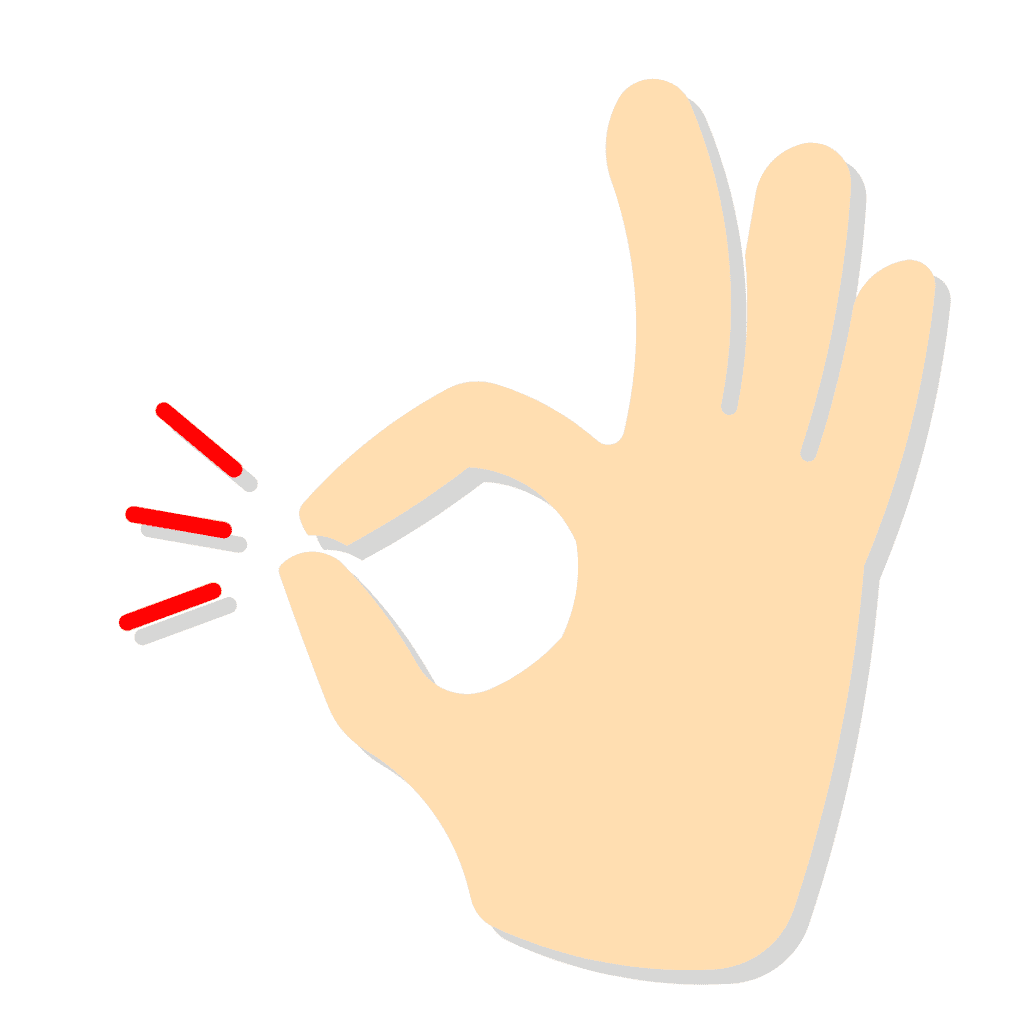Important V’s Nice
Earlier this week, I heard my mother in-law say the following:
“It’s nice to be important, but more important to be nice”
As soon as I heard those words, I thought to myself… YES! This is so true. She is a smart cookie 🙂
We see this play out in every arena in our lives, and healthcare is certainly not immune from this.
I bet you’ve all had an experience with a highly qualified, highly skilled and experienced health practitioner, who interacted with you in a way that left a lot to be desired.
I have certainly been on the receiving end of exchanges where the practitioner made me feel like they had better things to do with their time.
But why does this happen?
Is it ego? Is it an inflated sense of self-importance? Maybe it is them forgetting that their patients are also humans, just like them.
Whatever it is, it is a recipe for ineffective communication, poor patient compliance, and negative therapeutic outcomes.
This idea of being “nice” sounds like a bit of a fluffy concept, but I can’t emphasise how important and impactful it is, in so many ways.
Take a look at the career of just about any top level athlete. The ones who have a reputation for being a great person, a team player, or someone that fans really look up to, those are also the athletes who have a great career after they retire from their sport. Networks want them to be commentators, they get opportunities with sponsors and in countless other places.
This is because their reputation (their personal brand) is one that holds intrinsic value, far beyond whatever they did on the sports field. The same can be said for career opportunities for any of us, regardless of our backgrounds. If we leave a positive impression on people, they are likely to want to interact with us more, and in other ways.

As clinicians, we often get referrals from patients, not because of the qualifications we hold, or even the results we get, but because of who we are as people.
“Go and see Dave, he’s a great guy”.
“You should see Sarah, she really cares about her patients”.
It is this human aspect that we are drawn to as patients, and it is this that will help us as clinicians to build the rapport we need, to be able to do the real work with the patient.
The same is absolutely true in business.
Most of our purchasing decisions are driven by how we feel about something. So, if you want someone to choose your business, then give them something to feel good about. Show them that you care, and that you are a person that they can trust and is worthy of their financial investment.
Being “important” is attractive for some, because they believe it brings with it, respect, appreciation, or deference. But the reality is, those things actually come from being a good person.
Being important, having higher status, or letters after your name are just minor and temporary distractions, until the person comes to realise who you are and what matters to you.
If what matters to you, is the person in front of you, then they will choose you every time.
You will win in clinical practice, in business and in life.
So, as we enter every interaction, let’s do our best to remember “It is nice to be important, but more important to be nice”.


